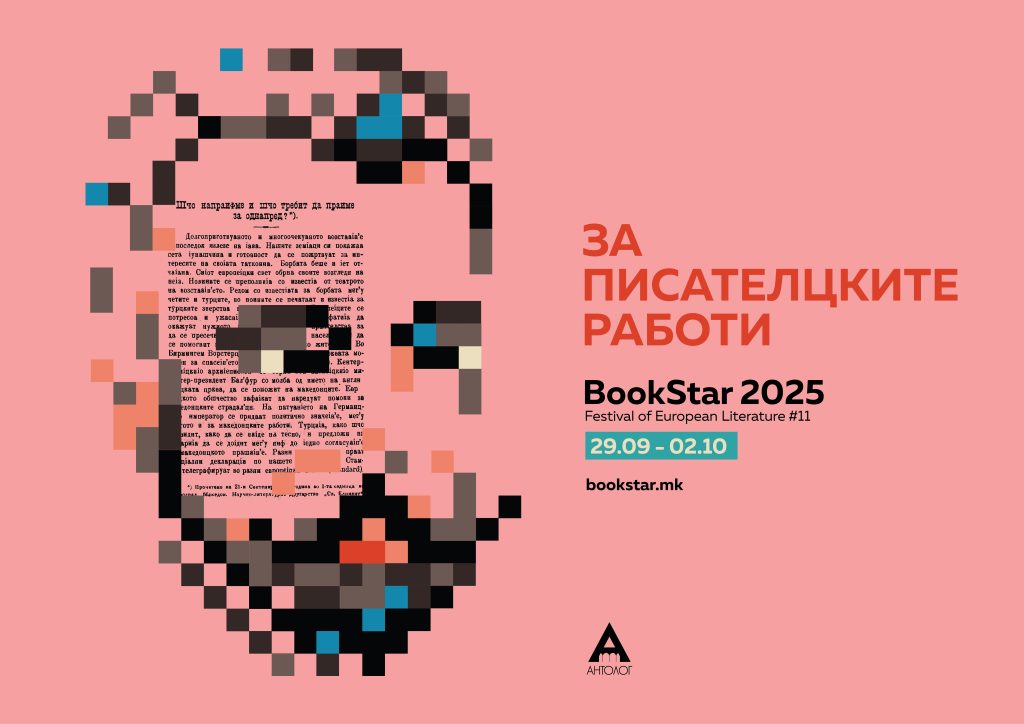„BOOKSTAR“ 2025
"On Writing Matters" has its roots in the work of Krste Misirkov (1874 – 1926), on the eve of the centennial anniversary of his death (2026).
"On the Writing’ Matters" is directly inspired by Misirkov’s most famous work, and indirectly by his views and the way he presents and elaborates them. He not only laid the foundations of the Macedonian language and contemporary Macedonian literature, as well as of cultural and national self-awareness, but also displayed an intellectual and writing scale that we have rarely seen in our environment. We are not sufficiently aware of how much he, with his writing and principles, came into conflict with the dominant models of political and cultural action, both of the countries in the region and of the entire continent, but also self-consciously and openly speaking about topics that were not (and some still are not) easily acceptable to his compatriots. Calling for a thorough rethinking of inherited values and advocating for changes through cultural revival, Misirkov is a kind of "benchmark" that should follow the description of the intellectual regardless of origin: courage, visionary, (r)evolutionary and uncompromising. With a small lexical and semantic transformation of the title of his book, the slogan shifts the emphasis from ethnic and social issues to creative and literary processes, i.e. the "matters" that are crucial and significant for the art of writing both in Macedonia and in Europe .
"On the Writing Matters" is a call to a conversation about the essence of writing, about the responsibility and freedom of the author, but also about the intimate, often invisible, work that stands behind every written work and which sometimes brings fateful changes for the writer and the environment in which he creates. The slogan is a bridge between tradition and modernity, between the Macedonian Don Quixote and today’s European literary scene as a “melting pot”, creating a context in which readers will be able to experience literature in a living, current, powerful and engaging act.

